MDMA-Assisted Psychotherapy & Ecstasy – PETER H. ADDY (Digital Seminar)
Description:
MDMA-assisted psychotherapy is increasingly in the news as a novel and exciting breakthrough in psychotherapy, and a rapid outpouring of research continues to show promising benefits in treating PTSD, anxiety associated with terminal illness, and social anxiety in autistic adults. But what does this mean for your clients?
Watch international speaker and psychedelics expert Peter H. Addy, Ph.D., LPC, LMHC, and you’ll discover the latest MDMA research and how the FDA is responding to it. You’ll walk away able to translate the implications of this research into clinically relevant information, skills, and strategies that you can apply in your practice right now.
Purchase today, and you’ll learn:
- How MDMA works & how it may assist psychotherapy
- Legal avenues for MDMA-assisted therapy now, & more that may become available soon
- Assessment strategies for recreational ecstasy use
- Evidence-based clinical skills that improve treatment outcomes
- How to navigate the legal & ethical challenges associated with MDMA
Don’t miss this chance to prepare yourself for the future of clinical treatment. Purchase today!
Outline:
MDMA vs. Ecstasy: What You Need to Know
- Pharmacology: How MDMA works in the brain & body
- MDMA & ecstasy are different things
- Assessment strategies for ecstasy use
- Risks associated with ecstasy use
The Science Behind MDMA-Assisted Therapy
- Clinical trials: Completed & Ongoing Research
- PTSD
- Social anxiety in autistic adults
- End-of-life anxiety
- Conjoint therapy
- Startle testing
- Contraindications for use
- Limitations of the research & potential risks
Evidence-Based Clinical Skills for Better Treatment
- Non-directive psychotherapy
- Somatic approaches: Before & after
- Therapeutic silence: Letting the client lead
- Case studies: Research participants tell their own stories
Legal & Ethical Considerations
- Changing legal frameworks
- Phase III clinical trials & rescheduling MDMA
- FDA Expanded Access program opportunities
- Ethical concerns
- Access and equity: Who deserves to receive this treatment?
- Informed consent & sexual trauma
NLP online course
So what is NLP?
NLP stands for Neuro-Linguistic Programming. Neuro refers to your neurology;
Linguistic refers to language; programming refers to how that neural language functions.
In other words, learning NLP is like learning the language of your own mind!
NLP is the study of excellent communication–both with yourself, and with others.
It was developed by modeling excellent communicators and therapists who got results with their clients.
NLP is a set of tools and techniques, but it is so much more than that.
It is an attitude and a methodology of knowing how to achieve your goals and get results.
Preview Information:
Original Page
Archive Page
More Course: NLP – HYPNOSIS – PHILOSOPHY
Outstanding Course:Emotionally Focused Individual Therapy (EFIT) Level 1


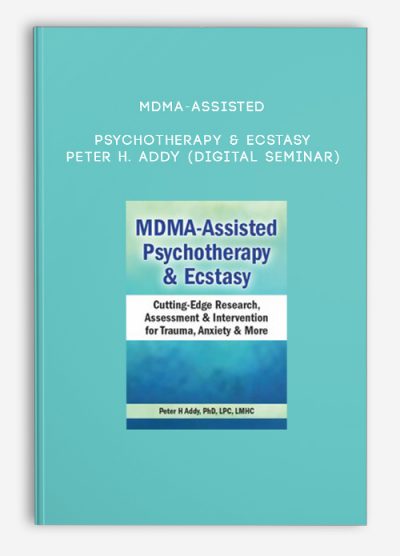
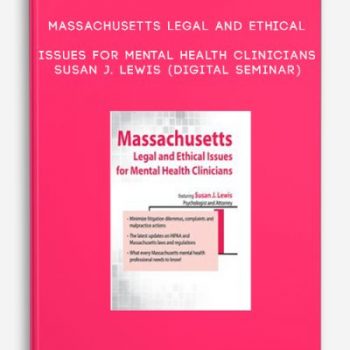
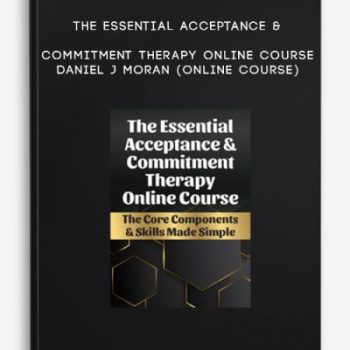
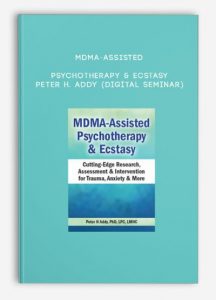

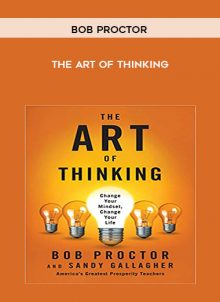
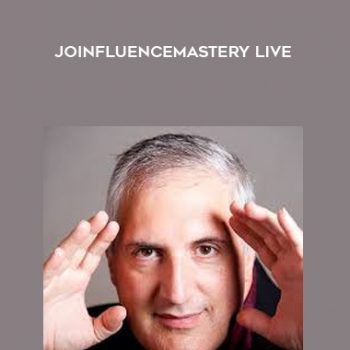


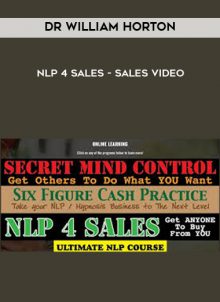
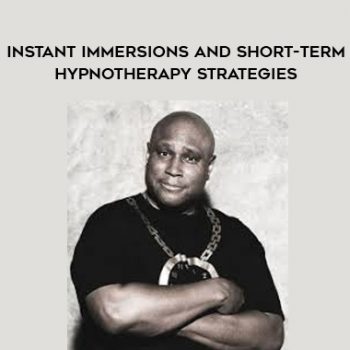

Lord –
This is Digital Download service, the course is available at Vincourse.com and Email download delivery.